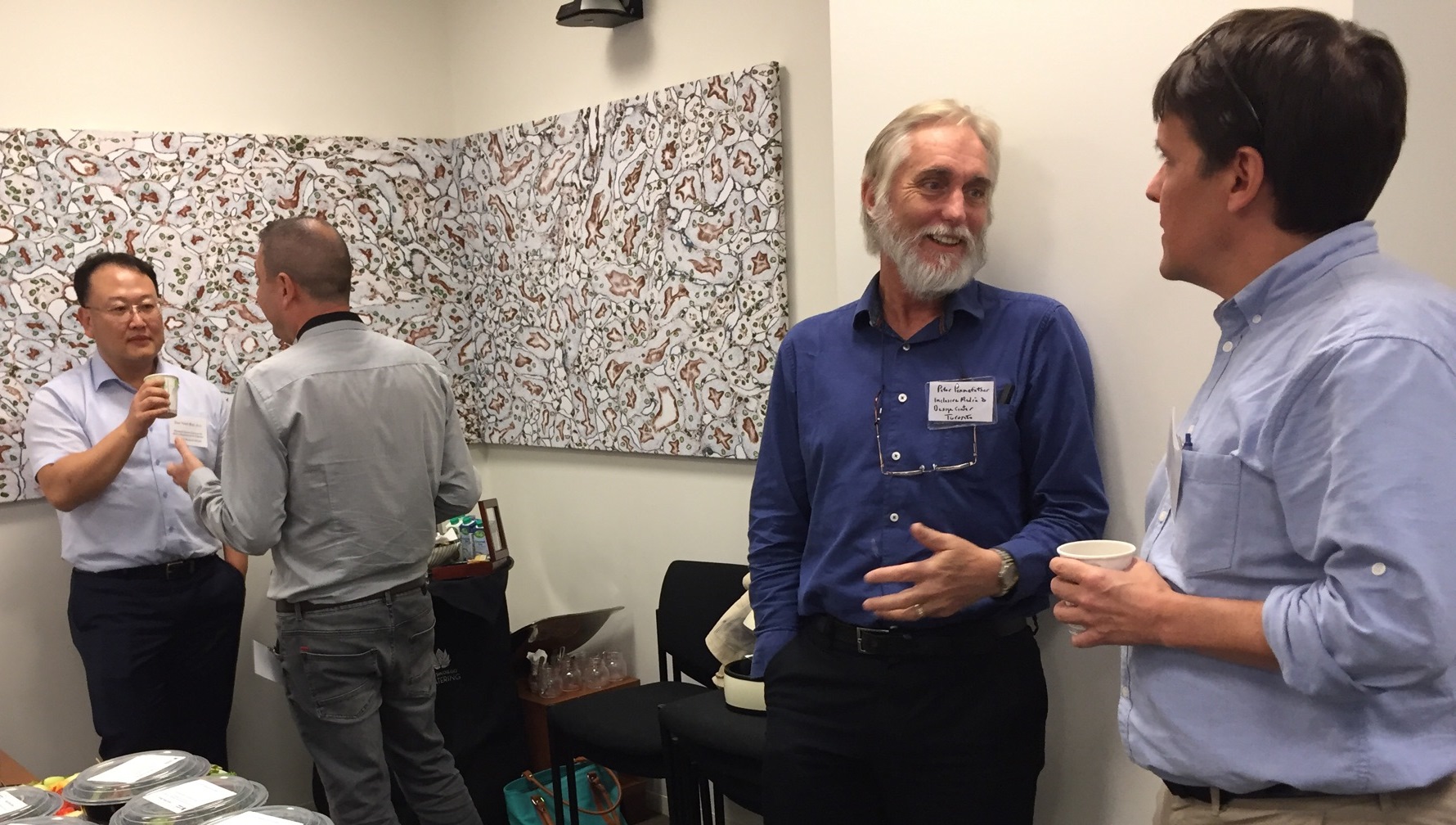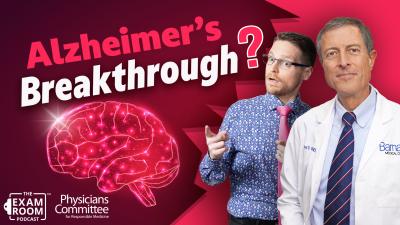The Time Is Now
Physicians Committee Holds Workshop for Human-Based Approaches to Alzheimer's Disease Research
On Friday, Nov. 2, the Physicians Committee for Responsible Medicine held a workshop on Alzheimer’s disease research at the University of California, San Diego. Evidence supports shifting research from animal models to human-relevant ones, which include neuroimaging, brain tissue studies, xeno-free stem cells, computational modeling, biomarkers, and clinical studies.
The workshop examined how human-focused studies and methods can be implemented. Through presentations and discussion, attendees drafted position papers on how the full potential of human-based approaches can help elucidate the basic mechanisms of dementia, and bring about effective therapeutic strategies at the individual, community, and global domains.
Attendees included theoreticians, basic researchers, clinical scientists, and resource providers, such as technology developers and those who work for tissue banks and scientific societies.
Topics included:
- Seeking to Understand Mechanisms and Pathology: Cellular & Biospecimen Approaches
- Insights and Predictions with Systems-Biology: Computation, Dynamics, and Network Approaches
- Establishing Ground Truth: Epidemiology, Imaging, Cognitive, and Clinical Studies
Speakers included:
- Jessica Young, Ph.D., University of Washington
- Doo Yeon Kim, Ph.D., Massachusetts Institute for Neurodegenerative Disease; Harvard Medical School
- Elliott Mufson, Ph.D., Barrow Neurological Institute
- Ornit Chiba-Falek, Ph.D., Duke University
- Boris Kantor, Duke University
- Elan Liss Ohayon, Ph.D., Green Neuroscience Laboratory; Neurolinx Research Institute
- Claudia Lainscsek, Ph.D., Salk Institute for Biological Studies
- George Perry, Ph.D., University of Texas at San Antonio; Journal of Alzheimer's Disease
- Philip Greiner, D.N.Sc., San Diego State University
- Jacopo Annese, Ph.D., The Brain Observatory
- Ann Lam, Ph.D., Physicians Committee for Responsible Medicine; Green Neuroscience Laboratory
Plenary talks set the stage for an afternoon of working group discussion on the most pressing needs to stimulate human-relevant dementia research. Working groups determined the top priorities to aid the development of their particular human-relevant dementia research approaches and developed new language and concept clearance proposal to NIH and other centers that fund and support dementia and neurodegenerative research. The event may lead to the formation of new research networks and coalitions that will engage funding agencies and regulators.
This workshop was part of “The Time Is Now” series to feature established and emerging scholars, theoreticians, clinician scientists, and basic researchers at the forefront of human investigation and technology. The proceedings and conclusions of the workshop and working groups will be featured in a special issue of the Journal of Alzheimer's Disease.









